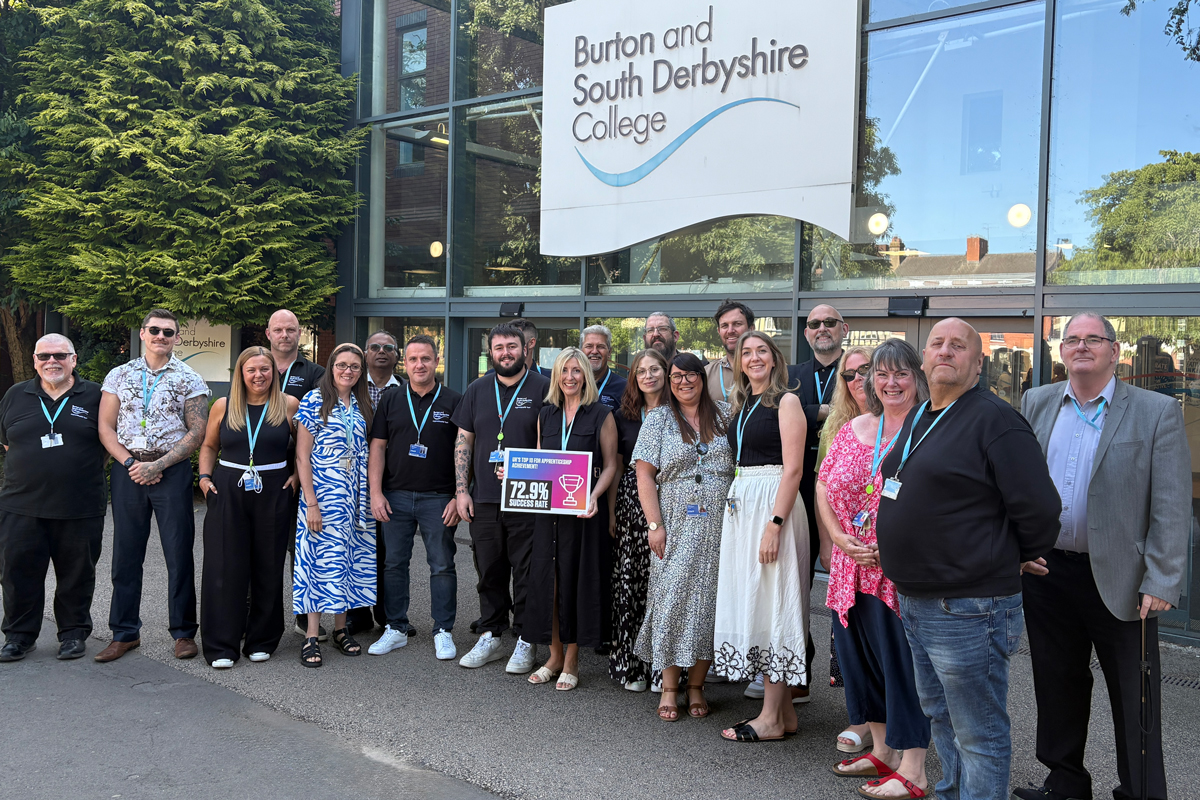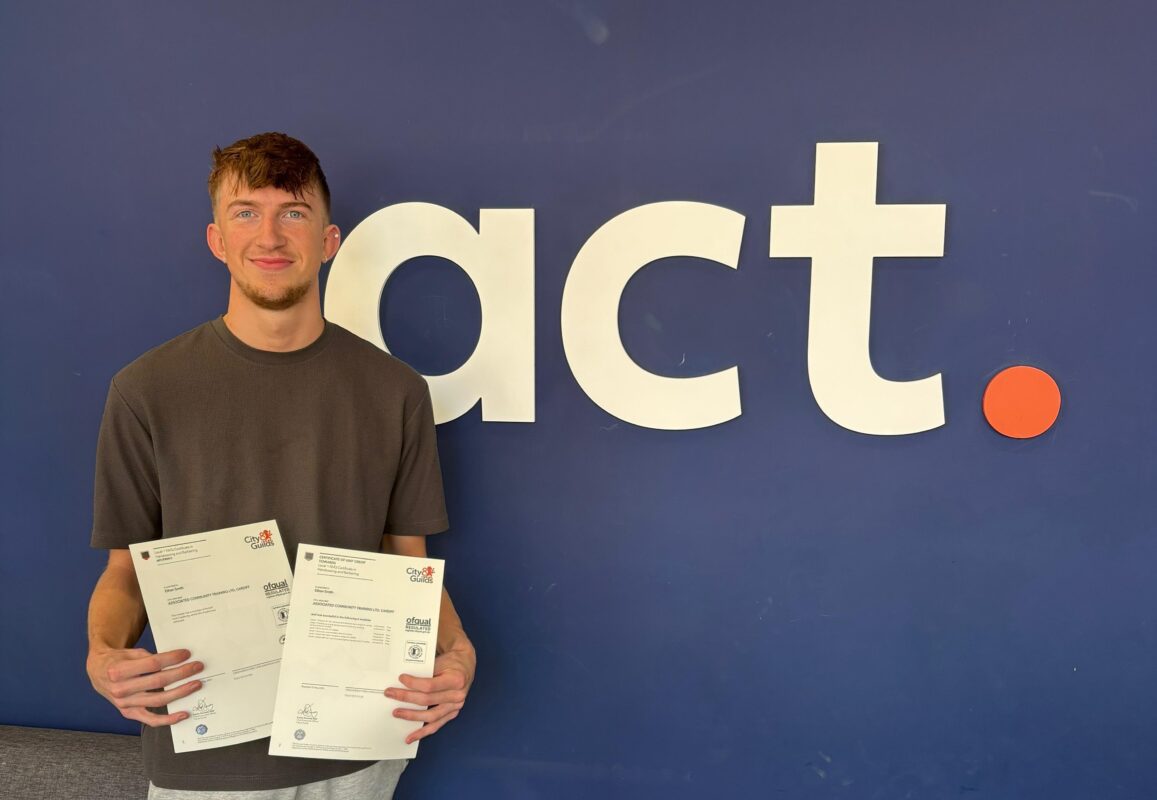Reframing the “Impossible”: Transforming Challenges in the FE and Skills Sector

In the Further Education and Skills sector, we often find ourselves confronted with challenges that seem “impossible” to overcome. From staff shortages to learner engagement issues, the obstacles can feel overwhelming. But what if we reframed “impossible” as “I’m possible”?
As someone with dyslexia, I have experienced firsthand how a shift in perspective can transform what seems unmanageable into a catalyst for growth and I’ve seen this approach spark remarkable change across colleges and training providers.
Dyslexia: My Journey of Reframing
Dyslexia is often misunderstood as a limitation, but for me, it has been a driving force behind my ability to think differently. In my early years, dyslexia felt like a barrier to success, particularly in a system not designed for neurodivergent thinkers. Over time, however, I learned to see it as a strength. My dyslexia shaped my creativity and resilience, allowing me to approach challenges with a unique perspective.
This reframing wasn’t easy. It required effort, support, and, most importantly, belief in the value of thinking differently. But it was this journey that laid the foundation for my education work today: helping others reframe their thinking to achieve transformative results in the Further Education and Skills sector.
Reframing across Colleges
Over the years, I’ve had the privilege of working with colleges to address what felt like impossible situations: disengaged staff, outdated teaching practices, or a disconnect between policy and pedagogy. In each case, the key wasn’t simply solving the problem but reframing it.
One example that stands out is a college struggling with staff creativity and resistance to change. Instead of seeing this as a failure, we reframed it as an opportunity to refresh and refocus. By introducing collaborative teaching sessions, fostering a creative mindset and the ability to take risks, the college began to shift its culture. Staff became empowered to innovate, and what once seemed like an insurmountable challenge became a launchpad for transformation.
This approach isn’t about ignoring the difficulty of a situation. Instead, it’s about changing the lens through which we view it. Every challenge holds the potential for growth if we’re willing to reframe our perspective.
Supporting Staff to Reframe and Refresh
One of the most rewarding aspects of my work is supporting colleges to refresh their staff through reframing. This involves more than professional development; it’s about creating a culture that values growth and adaptability. Whether it’s through coaching, mentoring, or tailored teaching programmes, the goal is to help staff see themselves as active participants in their transformation and by extension, in the transformation of their learners.
For instance, in my work with trainee teachers, I’ve seen how a simple shift in language can change everything. Replacing “learner needs” with a wider term of “learner dynamics” encourages inclusivity and collaboration, fostering a mindset where everyone has a role in shaping success. It’s these small 1%, but significant, changes that pave the way for broader systemic shifts.
Lessons for the Sector
So how can others in the Further Education and Skills sector adopt this reframing mindset? Here are three practical steps:
Acknowledge the Challenge: Begin by recognising the difficulty of the situation. Reframing doesn’t mean dismissing reality; it means looking at it differently.
Shift the Narrative: Ask yourself and your team what opportunities might lie within the challenge. How could this situation become a learning moment or a catalyst for change?
Act with Intention: Transformation doesn’t happen overnight. Create small, 1% quick wins, actionable steps that align with your reframed perspective, and celebrate progress along the way.
The Future of Reframing
The Further Education and Skills sector is at a crossroads, facing complex challenges that require innovative solutions. By embracing reframing as a tool for transformation, we can move beyond the limits of the “impossible” and unlock the potential within our organisations, staff, and learners.
For me, reframing isn’t just a strategy it’s a way of life. Dyslexia taught me that the greatest strengths often lie in what others perceive as weaknesses. By sharing this mindset, I hope to inspire others to view challenges not as roadblocks, but as opportunities to refresh, refocus, and thrive.
By Gavin Lumsden, The Teacher Coach,











Responses